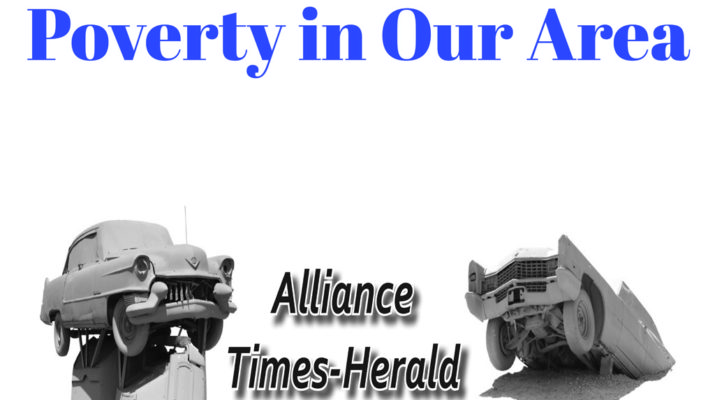Inflation is the rise in prices you’ll pay for goods and services. You will have to spend more to get the same things.
In October prices rose 6.2%, the largest rise in three decades. The government calculates the CPI, the Consumer Price Index, by checking the prices of hundreds of goods and services throughout the United States. A 6.2% increase means these goods, on average, cost 6.2% more than they did in October, 2020.
What has caused this inflation? COVID gets a lot of the blame. For most of 2020, much of America was in lockdown. Thousands of Americans were laid off, so income dropped. Those who had jobs were not going out and spending money like they normally would. The government sent stimulus checks and increased unemployment compensation. In 2021, people started spending again, and many had saved thousands that they were willing to use for major purchases. With increased demand comes increased prices.
But we also have what is called a “supply-chain backlog.” Manufacturers throughout the world had scaled back production, so there aren’t enough of the goods we want to buy. All of this has led to demand outpacing supply, causing shortages and price spikes.
We’ve seen the photos of the Port of Los Angeles, with a hundred ships waiting to be unloaded. Some have been waiting for a month. These ships are carrying about five hundred thousand 20-foot shipping containers. Containers have been stacked up on the docks for weeks, waiting to be unloaded or trucked away, but a shortage of on-dock workers and truck drivers has led to long delays. These port jams mean that ships offshore are unable to dock and drop new cargo.
In other cases, goods cannot be manufactured because the parts needed were not being made. An example here is the price of new vehicles skyrocketing because the manufacturers could not get things like computer chips needed for the electronic systems.
Another reason for inflation is that our businesses are not as competitive as they used to be. Several industries like meat packing and oil are controlled by oligopolies, where only a few corporations have the vast majority of the sales, so they control the market. These few giant corporations have raised prices and limited supplies of their products to keep those prices high. They are currently raking in huge profits, and because there is so little competition, they see no reason to drop those prices.
The biggest concern, especially for low-income households, is the increased prices we see with groceries and gas. Grocery store prices have been rising for months, especially for meat. Gasoline prices were 49.6% higher in October, 2021, than they had been in October, 2020. This not only affects the cost of driving to work, but also the cost of merchandise that is shipped to stores in our area.
All energy prices will be much higher this winter, and we will have to spend more to heat our homes. Families will have to make some changes to deal with these price increases. Look at your household budget. Where can you cut costs? Can you save now so you have more to cover those gas and electric bills during the winter months?
Inflation isn’t all bad. In fact, it is a sign of economic growth. Most businesses will be raising the wages they pay. The 70 million people who receive Social Security checks will get a cost-of-living adjustment (COLA); they will receive 5.9% more in each check in 2022. Many unions negotiate for COLAs, so they will get a similar wage increase. People who had borrowed money over the last few years are paying lower interest rates than those who will have to borrow in the future. Banks will be paying more interest on savings accounts.
Economists at the Federal Reserve have argued that this inflation won’t become a permanent feature of the economy, and that prices will simmer back down as the economy has time to heal and COVID is no longer a threat. However, it looks like we will be having some inflation for a while. Everyone’s true inflation rate is different, because we all buy different products and services. Over the next year we can expect to pay more for most things.

